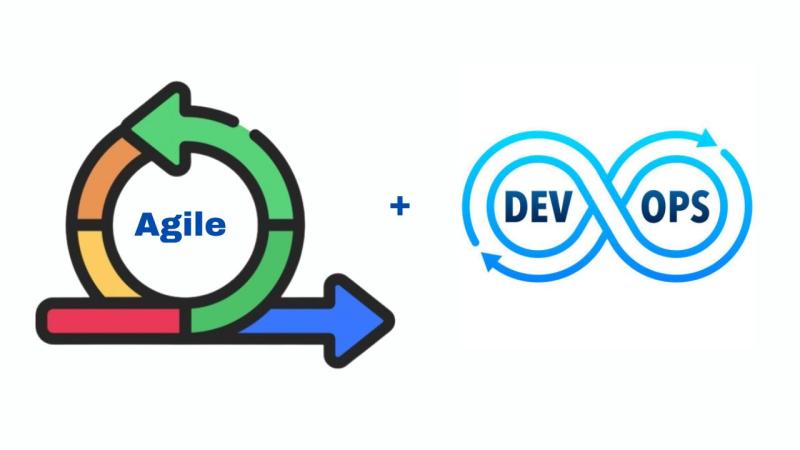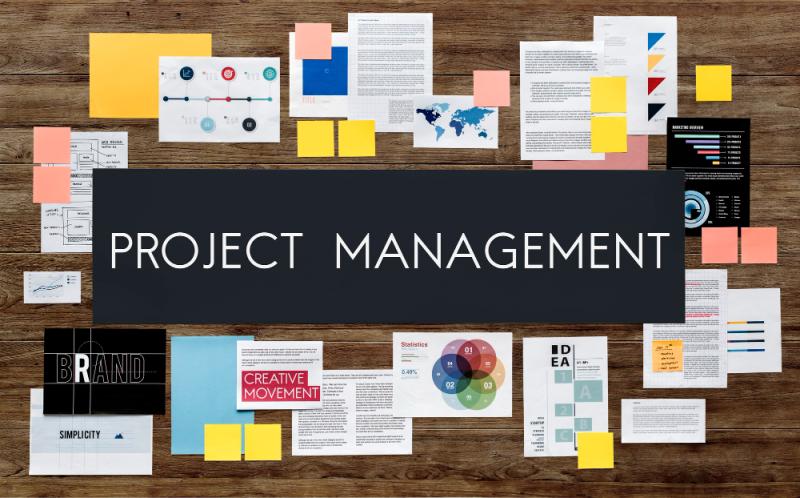Best Practices for Implementing DevOps in the Finance Industry

In today's rapidly evolving
digital landscape, financial institutions must adapt to meet the growing
demands of customers, regulatory compliance, and operational efficiency. DevOps financial services practices have emerged as a robust framework for achieving
these goals. By blending development and operations teams, DevOps enables
faster deployment, improved security, and seamless scalability, making it an
essential approach for modernizing financial systems. This article explores the
best practices for implementing DevOps in the finance industry.
Foster a Collaborative Culture
DevOps thrives on collaboration.
Breaking down silos between development, operations, and security teams is
critical in financial institutions, where legacy systems and rigid workflows
often dominate. Encourage cross-functional teams to collaborate, share
knowledge, and align on common goals, reducing time-to-market and improving
system reliability.
Key Steps:
- Organize regular joint meetings for development and
operations teams.
- Establish shared metrics to measure performance and
success.
- Use team-building exercises to create a culture of
trust and collaboration.
Automate Everything Possible
Automation is the backbone of
DevOps, especially in the finance industry, where precision and efficiency are
paramount. From code testing to deployment pipelines, automating repetitive and
error-prone tasks can drastically reduce downtime and operational risks.
Critical Areas for Automation:
- CI/CD Pipelines: Automate build, test, and
deployment processes to ensure faster and more reliable releases.
- Infrastructure as Code (IaC): Use tools like
Terraform or CloudFormation to automate infrastructure provisioning.
- Compliance Checks: Automate audits and
security checks to adhere to strict financial regulations.
Prioritize Security from the Start
In financial services, security
is non-negotiable. Adopting a DevSecOps approach—integrating security practices
into every phase of the DevOps lifecycle—helps identify vulnerabilities early
and ensures compliance with industry regulations.
Best Practices for Security:
- Automated tools are used to perform continuous
vulnerability assessments.
- Implement role-based access controls (RBAC) to
safeguard sensitive data.
- Encrypt data both in transit and at rest.
- Regularly update and patch software to mitigate
risks.
Leverage Microservices and Containers
Modernizing financial
applications often involves moving away from monolithic architectures.
Microservices enable decomposing large, complex systems into smaller,
manageable components, making them ideal for scalable and agile DevOps
environments.
Benefits of Microservices:
- Independent deployment of services reduces
downtime.
- Containers like Docker streamline application
portability and consistency.
- Tools such as Kubernetes help manage and scale
microservices efficiently.
Embrace Continuous Monitoring and Feedback
Continuous monitoring ensures
financial systems perform optimally and securely, even during high-demand
periods. By collecting real-time feedback, organizations can address issues
before they impact end-users.
Tools for Monitoring:
- Application Performance Monitoring (APM)
tools like New Relic or Dynatrace.
- Log Management tools like ELK Stack for
analyzing system logs.
- Cloud monitoring solutions are available
from AWS, Azure, or Google Cloud providers.
Start with Small, Incremental Changes
Financial organizations often
have extensive legacy systems, challenging a full-scale DevOps implementation.
Start small by piloting DevOps practices in a specific project or team. Gradual
adoption allows teams to learn, adapt, and refine processes without disrupting
business operations.
Incremental Approach:
- Identify low-risk, high-reward projects for initial
DevOps adoption.
- Gather lessons learned and scale practices to other
teams.
- Continuously evaluate and refine DevOps strategies.
Ensure Compliance and Governance
The finance industry is highly
regulated, making compliance a top priority. DevOps can streamline compliance
processes through automation and integrated governance practices.
Compliance Best Practices:
- Automated tools are used to document code changes
and deployments for audit trails.
- Compliance checks should be incorporated into CI/CD
pipelines.
- Collaborate with legal and compliance teams to
align processes with industry standards.
Invest in the Right Tools and Technologies
DevOps success depends on using
the right tools to streamline workflows and enhance collaboration. Financial
institutions should focus on tools that prioritize security, scalability, and
compliance.
Recommended Tools:
- Version Control: Git, GitHub, GitLab.
- CI/CD: Jenkins, CircleCI, or AWS
CodePipeline.
- Containerization: Docker and Kubernetes.
- Monitoring: Splunk, Prometheus, or
CloudWatch.
Conclusion
Implementing DevOps in the
finance industry requires a thoughtful and strategic approach. Financial
institutions can achieve the agility, scalability, and reliability needed to
thrive in a competitive market by fostering collaboration, automating workflows,
prioritizing security, and embracing modern technologies. Organizations can accelerate innovation and ensure compliance and customer trust with a robust DevOps financial services strategy.









Comments